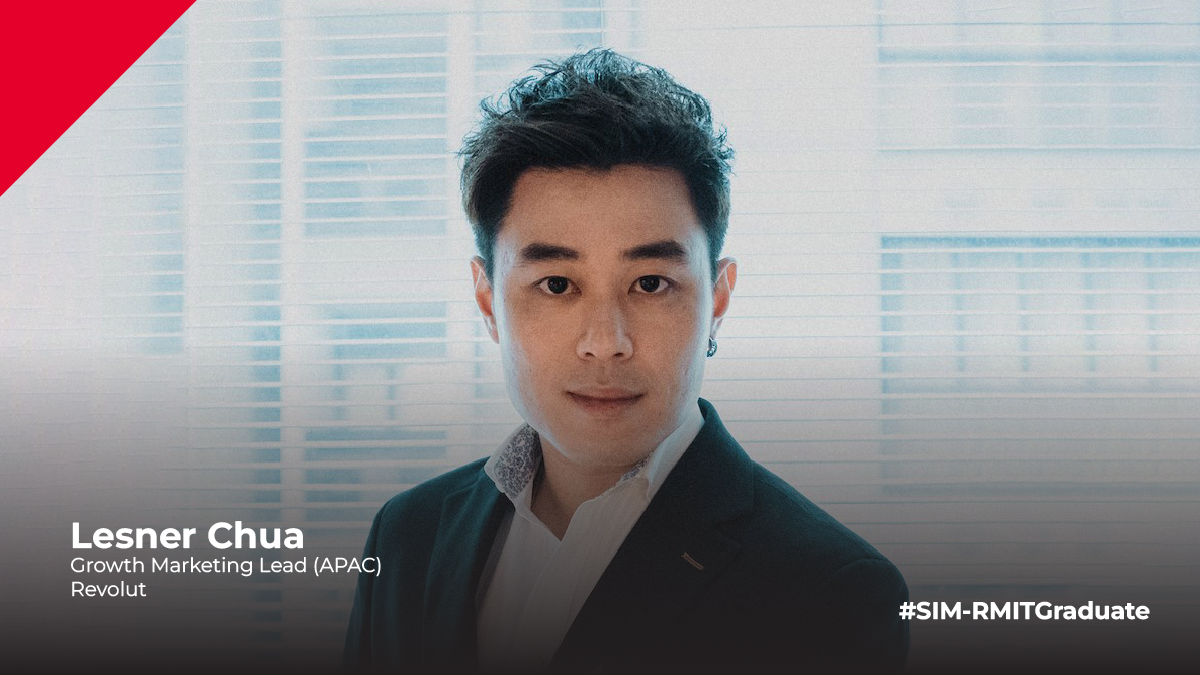Programme Outline
Awarded and developed by: RMIT University, Australia
The future of business is changing, and so is the Bachelor of Business at RMIT.
Get the skills you need to be part of it with RMIT.
With our new RMIT Bachelor of Business, we have adopted an agile course structure to give you greater hands-on learning experiences and engagement with industry experts and alumni.
Are you an entrepreneurial thinker who sees opportunity at every turn? Perhaps a global citizen seeking to connect with like minds across the world. An innovator ready to transform business with the latest approaches in digital, blockchain, or cyber technologies. Perhaps you are focused on social impact and ensuring sustainability goals are set and met in industry. With so many possibilities, the only thing you need to choose is your path.
Options for Majors and Minors
To support your future in business, we are offering a range of career focused areas of study (Majors and Minors) allowing you to customise your degree and gain an edge, including:
Majors
- Business and Technology
- Economics
- Finance
- Global Business
- Logistics and Supply Chain
- Management and Change
- Marketing
Minors
- Accounting in Business
- Business and Technology
- Economics
- Finance
- Global Business
- Logistics and Supply Chain
- Management and Change
- Marketing
- Human Resource Management
View list of available Majors, Minors and Electives Full Time Business
View list of module outlines for Full Time Business
AACSB Accreditation
RMIT University has earned business accreditation from AACSB International (AACSB), further cementing its College of Business and Law (CoBL) as a leading business school in Australia and the region. With this achievement, RMIT in Australia joins the ranks of other top business schools in Australia.





.png)



